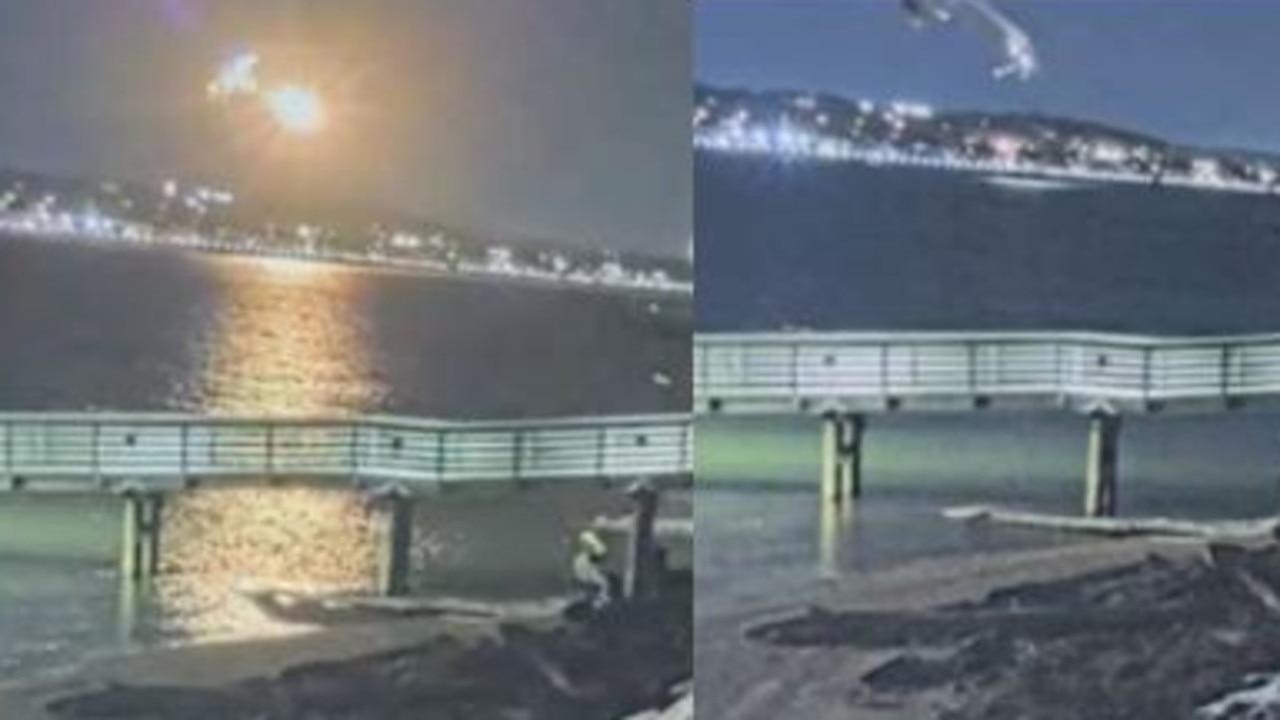How Israel’s Iron Dome defeated Iran’s ballistic missiles
Iran notified the US of its missile attack on Israel, but this is why the attack could have been more serious, writes Richard Spencer.
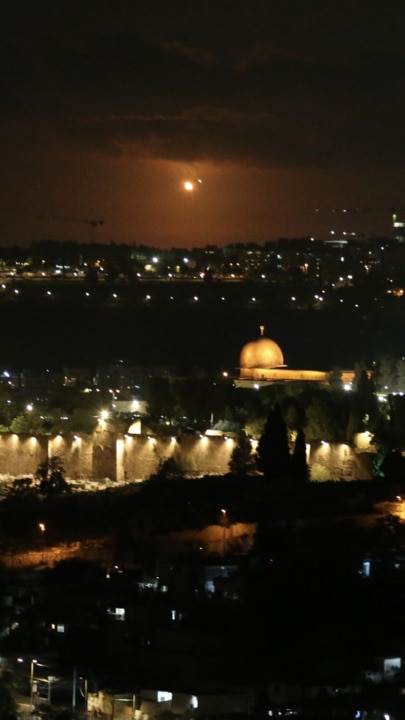
World
Don't miss out on the headlines from World. Followed categories will be added to My News.
When Israel strikes, there is no warning.
The first that anyone in the apartment block above Hezbollah’s command bunker would have known of the bombs that killed its leader, Hassan Nasrallah, last Friday, would also have been the last.
Israel, though, is better prepared. Even as the United States was alerting the world that a barrage of ballistic missiles was on its way to Israel, alarms sounded throughout the country and mobile phones buzzed with the high-pitched squeal that urges its ten million residents to seek out their bunkers, basements and safe rooms.
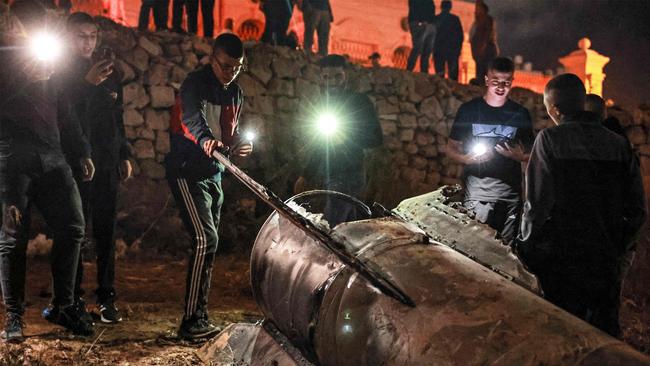
For residents of central Israel and Tel Aviv, the alarms are more a nuisance than a cause for panic. Rocket attacks from Hamas in Gaza at times of tension – such as now – are a regular if not daily occurrence.
Most residents have confidence in Israel’s Iron Dome missile shield, which has kept civilian casualties to a minimum in this round of fighting with the Palestinians.
The attack this time, though, could have been more serious. There is a big difference between an intermediate-range ballistic missile and the handcrafted rockets fired by Hamas.
It takes 12 minutes for a ballistic missile to reach Israel from Iran, compared with half an hour for cruise and other missiles.
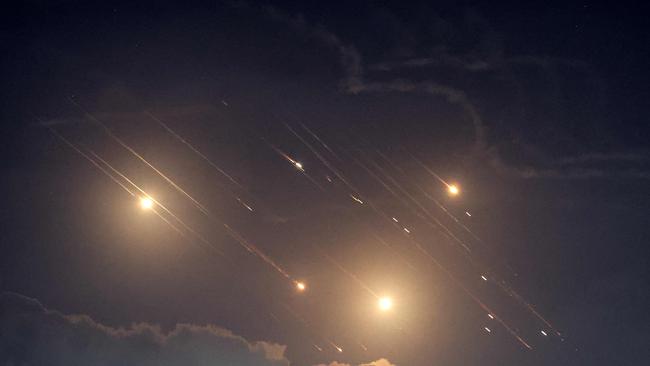
One disputed fact will be scrutinised above all for its significance. Multiple reports claimed that the reason the US was able to issue its warning to Israel was that Iran had notified Washington and Moscow in advance that the missiles were “imminent”.
Iran’s representative office at the United Nations in New York, effectively its embassy to the United States in the absence of diplomatic relations, issued a denial.
However, it later admitted that there had been a “notification”.
Taken together, the reports indicate a certain confusion in Tehran, which might be expected after recent devastating blows to morale and its standing among allies.
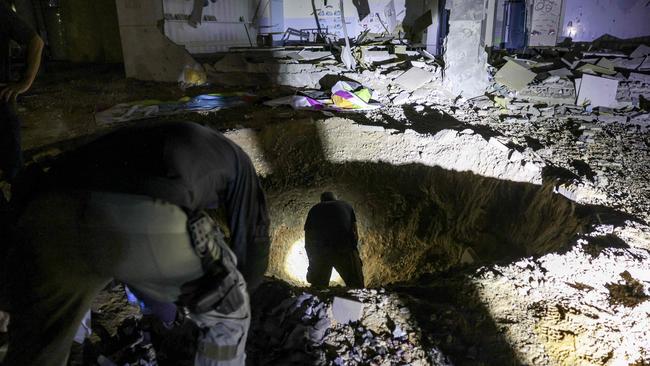
After America’s killing of Qasem Soleimani, the general who ran Iran’s proxy militia network across the Middle East, in January 2020, and Israel’s assassination later that year of Brigadier Mohsen Fakhrizadeh, the head of Iran’s nuclear program, Tehran decided on a policy of strategic patience rather than to immediately launch a war. Its long-term goal, the regime’s political advisers explain to journalists, is to drag Israel into repeated conflicts with its neighbours, until internal and external pressures eventually cause it to implode from within.
In the past year, though, the most important two of those Iran-backed neighbouring militant groups have been effectively dismantled by Israel, without it seeming to move any closer to collapse.
The death of Nasrallah ought to have been a final humiliation. He was more than a militia leader: in some ways he was the most important leader of the “axis of resistance” to Israel after Iran’s supreme leader, Ayatollah Ali Khamenei, himself. Yet if Iran really did notify the US and allow Israel to ready itself, it would seem that Iran is still reluctant to take Israel head-on.
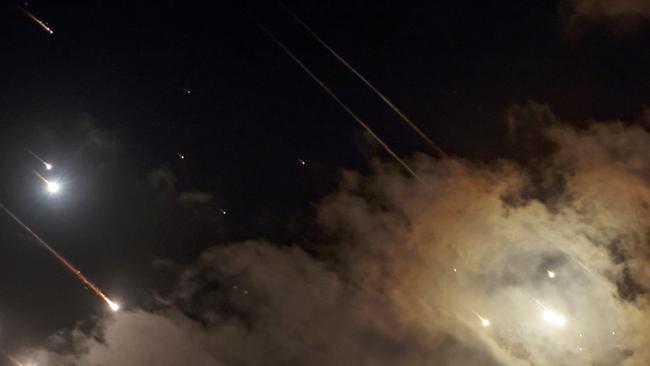
According to reports in Israeli newspapers yesterday (Tuesday), diplomatic intermediaries with the West had warned Tehran that Israel might be ready to do the one thing that most observers believe would tip Iran into action: a direct military attack on its key infrastructure, most notably sites associated with its nuclear program.
Iran is close to having the technical capability of building a nuclear weapon, if it does not have it already. According to conventional understandings of nuclear posture, even without the threat to use it, that would give Iran a certain future invulnerability, one it might feel the necessity to exploit if its plans for perpetual asymmetric warfare waged by its Arab proxies continue to be stymied by Mossad, the national intelligence agency of Israel.
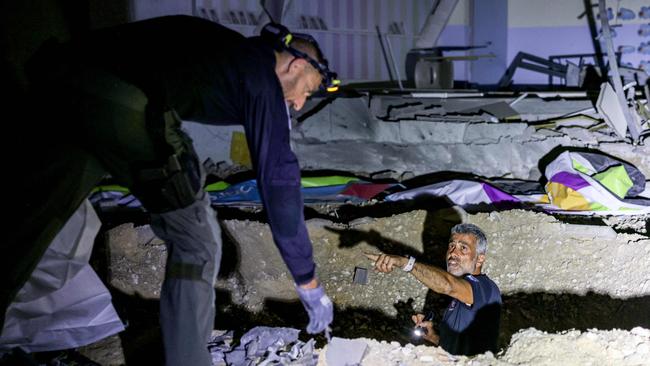
The United States still believes that the war Israel is waging on two fronts, Gaza and Lebanon, remains containable. While the White House has urged Binyamin Netanyahu, the Israeli prime minister, to agree a ceasefire, it has done little to apply pressure to that end and has made clear it supports the Lebanon incursion.
Iran may not want to strike Israel again, and risk the IDF’s recently proven capabilities. But at this rate, it may feel it has no choice.
The missile attack came after raids in Lebanon against Hezbollah, long seen as Iran’s most valuable ally. In less than a fortnight of air strikes, Israel has wiped out most of the group’s commanders, including Nasrallah.
This article originally appeared in The Times.
More Coverage
Originally published as How Israel’s Iron Dome defeated Iran’s ballistic missiles




